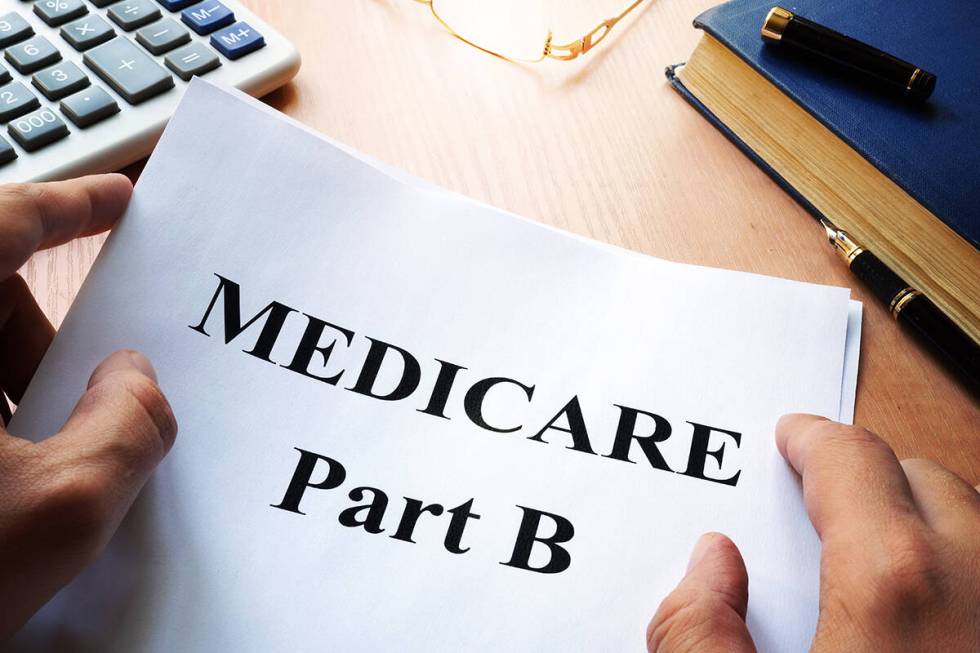Should you enroll in Medicare Part B if you’re a veteran?

Dear Toni: My husband, Robert, is a Vietnam veteran and never enrolled in Medicare Part B because he uses VA centers close to where we live in Michigan for his medical care. He is having to wait for care from the VA for his heart issues and he wants to go to a local cardiologist.
He is 78 years old and retired when he turned 65. Social Security told him that he must pay more to enroll in Medicare Part B now because he never enrolled when he turned 65 in 2009.
Is there a way that he can take Part B without having to pay the penalty? — Carole
Dear Carole: Because he did not enroll in Medicare Part B when he turned 65 and is not still working with true employer benefits, if he enrolls now — during Medicare’s general enrollment period (ending March 31) — he will get the late-enrollment penalty.
Because Robert did not enroll in Part B when he was first eligible for Medicare, his penalty is 10 percent for each 12-month period that he could have had Part B but did not sign up for it. You said that he turned 65 in 2009, which is 13 full 12-month periods, so that’s a penalty of 13 years times 10 percent of the monthly premium — each month for the rest of his Medicare life.
For 2023, his Part B penalty will be 13 times $16.49 (10 percent of the 2023 monthly premium of $164.90) — an extra $214.37. So Robert’s total Medicare Part B premium for 2023 will be $379.27 per month.
No one can anticipate when they will need to receive health care outside of their Veterans Affairs benefits. Now you understand the value of enrolling in Medicare Part B when turning 65.
Part B covers your outpatient needs, doctors’ services such as office visits and surgery, MRIs, chemotherapy, durable medical equipment such as wheelchairs and walkers … the list goes on. Without Part B, a person may have to pay 100 percent out of their pocket for Medicare-covered medical care, and this care could be in the hundreds of thousands of dollars.
But I do have some good news: Not enrolling in Part D (Medicare prescription drug plan) is another story. Medicare considers the VA to be “creditable” coverage. When you enroll in Part D after age 65, you do not get the late-enrollment penalty. Guess what else? When receiving prescriptions from the VA, you don’t encounter the “doughnut hole” (gap in prescription drug coverage) that you do with a Part D plan. That is a good thing for America’s veterans on Medicare.
My advice to Robert is to continue to receive his medical care through the VA, since the penalty makes for an expensive Medicare Part B premium. Given his heart issues (or if he has other health problems), if Robert ever finds the VA drug formulary does not meet his needs, he can look into Part D coverage.
Toni King is an author and columnist on Medicare and health insurance issues. For a Medicare checkup, email info@tonisays.com or call 832-519-8664.